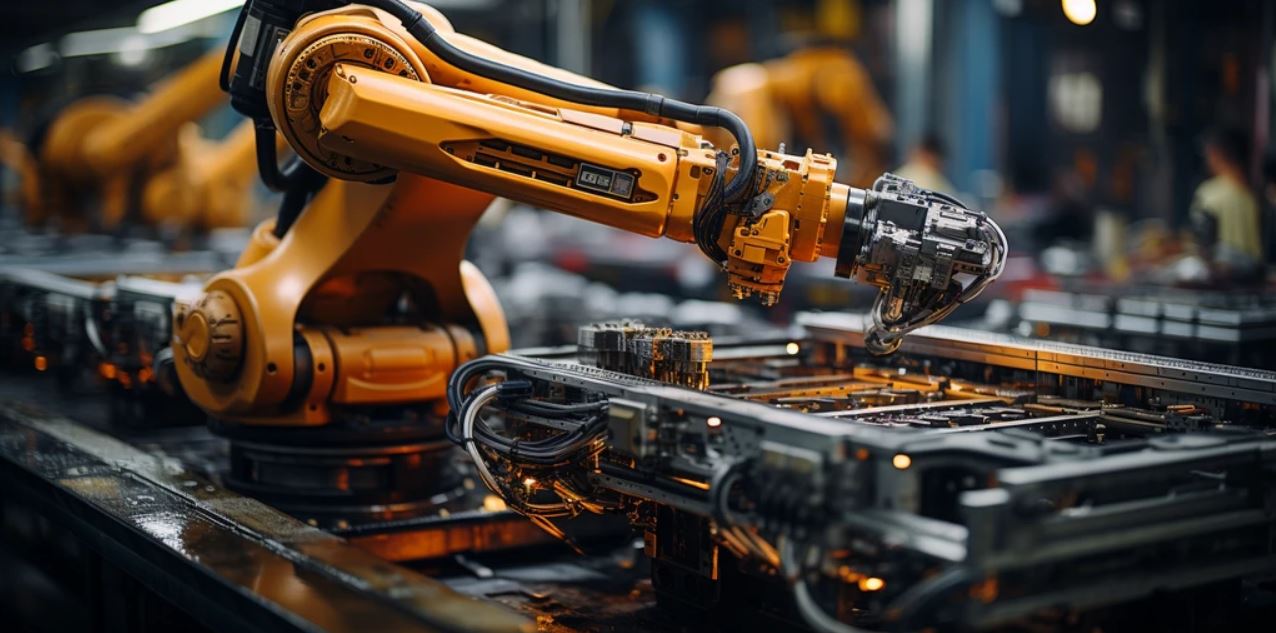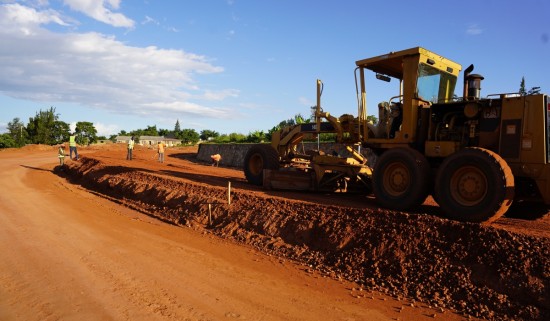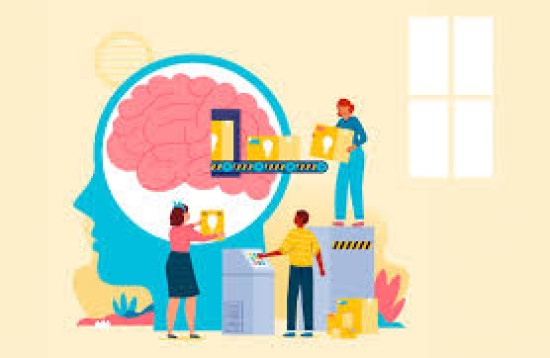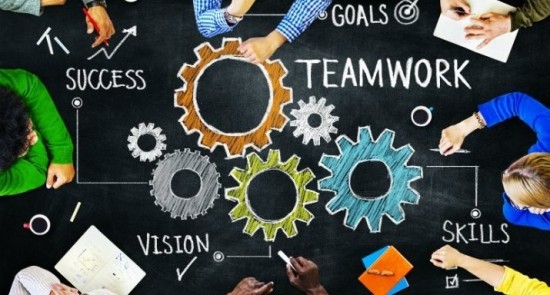Building the Future: How Industrialization Brands Are Shaping Modern Economies
Category: Blog | Published: Tue, 25-02-2025

Building the Future: How Industrialization Brands Are Shaping Modern Economies
In the 21st century, industrialization remains a cornerstone of global economic development. While the term often conjures images of smokestacks and assembly lines, modern industrialization brands are far more dynamic, innovative, and transformative. These brands are not just manufacturing products—they are building the future, driving technological advancements, and reshaping economies worldwide. From automation and sustainability to digital transformation, industrialization brands are at the forefront of progress, creating a ripple effect that impacts industries, communities, and nations.
The Role of Industrialization Brands in Economic Growth
Industrialization has historically been a catalyst for economic growth, and today’s leading brands continue this legacy. Companies like Siemens, General Electric, and Bosch are not only producing machinery and equipment but also developing smart technologies that optimize production, reduce waste, and enhance efficiency. By integrating artificial intelligence, the Internet of Things (IoT), and big data analytics, these brands are revolutionizing traditional industries such as manufacturing, energy, and transportation.
For emerging economies, industrialization brands play a critical role in infrastructure development. By investing in large-scale projects—such as renewable energy plants, smart cities, and transportation networks—they create jobs, stimulate local economies, and lay the foundation for long-term growth. For instance, companies like Tesla and Vestas are driving the global transition to clean energy, while others like Caterpillar and Hitachi are building the physical infrastructure needed to support urbanization and industrialization.
Innovation as a Driving Force
Innovation is the lifeblood of modern industrialization brands. These companies are not content with maintaining the status quo; they are constantly pushing boundaries to develop cutting-edge solutions. For example, 3D printing is transforming manufacturing by enabling rapid prototyping and customized production, while robotics and automation are increasing precision and reducing human error in factories.
Moreover, industrialization brands are leading the charge in sustainability. As the world grapples with climate change, companies are adopting greener practices, such as using renewable energy sources, reducing carbon emissions, and implementing circular economy models. Brands like Schneider Electric and ABB are pioneering energy-efficient technologies that help industries minimize their environmental footprint while maintaining profitability.
Digital Transformation and Industry 4.0
The Fourth Industrial Revolution, or Industry 4.0, is reshaping the industrial landscape, and industrialization brands are at the heart of this transformation. By leveraging digital technologies, these brands are creating "smart factories" where machines communicate with each other, analyze data in real-time, and make autonomous decisions. This level of connectivity and intelligence is revolutionizing supply chains, reducing downtime, and improving product quality.
For example, Siemens’ Digital Enterprise Suite and GE’s Predix platform are empowering manufacturers to digitize their operations, from design and production to maintenance and logistics. These innovations are not only boosting productivity but also enabling businesses to respond more quickly to market demands and customer preferences.
Challenges and Opportunities
While industrialization brands are driving progress, they also face significant challenges. The transition to digital and sustainable practices requires substantial investment, and not all companies are equipped to make this shift. Additionally, the rise of automation has sparked concerns about job displacement, particularly in developing economies where labor-intensive industries are prevalent.
However, these challenges also present opportunities. Industrialization brands can lead the way in reskilling workers, creating new roles in technology and engineering, and fostering inclusive growth. By collaborating with governments, educational institutions, and other stakeholders, they can ensure that the benefits of industrialization are shared widely.
The Future of Industrialization Brands
As we look to the future, industrialization brands will continue to play a pivotal role in shaping modern economies. Their ability to innovate, adapt, and lead will determine how effectively we address global challenges such as climate change, resource scarcity, and economic inequality. By embracing sustainability, digitization, and collaboration, these brands can build a future that is not only prosperous but also equitable and resilient.
In conclusion, industrialization brands are more than just manufacturers—they are architects of the future. Through their innovations and investments, they are transforming industries, empowering communities, and driving economic growth. As we navigate the complexities of the modern world, these brands will remain indispensable partners in building a better tomorrow.









